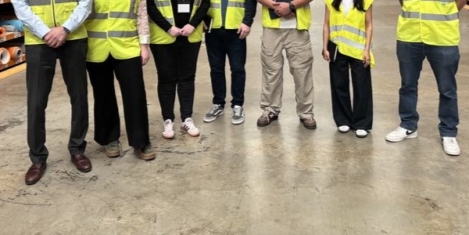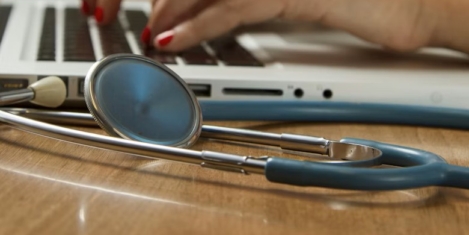January 27, 2026
Surface Design Show announces details of speaker’s programme
 The Surface Design Show has announced the final details of its speaker’s programme for the 2026 edition of the show. Featuring a range of topics with some of the most innovative voices in industry, the schedule includes an impressive list of industry names including Michelle Ogundehin, Katie Treggiden, Liz Bell, Tim Gledstone, Giles Miller and Justine Fox. The main stage is designed by Design Command using acoustic surfaces, soft textures and gentle light, with furniture supplied by Table Place Chairs. The design treats silence not as absence but as an active design language, exploring how materials can shape space while creating a pause for visitors to reflect and feel inspired amid the show. The programme will consist of 21 presentations from over 50 speakers spanning the full breadth of the design industry. (more…)
The Surface Design Show has announced the final details of its speaker’s programme for the 2026 edition of the show. Featuring a range of topics with some of the most innovative voices in industry, the schedule includes an impressive list of industry names including Michelle Ogundehin, Katie Treggiden, Liz Bell, Tim Gledstone, Giles Miller and Justine Fox. The main stage is designed by Design Command using acoustic surfaces, soft textures and gentle light, with furniture supplied by Table Place Chairs. The design treats silence not as absence but as an active design language, exploring how materials can shape space while creating a pause for visitors to reflect and feel inspired amid the show. The programme will consist of 21 presentations from over 50 speakers spanning the full breadth of the design industry. (more…)





































January 19, 2026
Forget all the talk of Blue Monday; work is still (largely) good for us
by Mark Eltringham • Comment, Facilities management, Wellbeing, Workplace